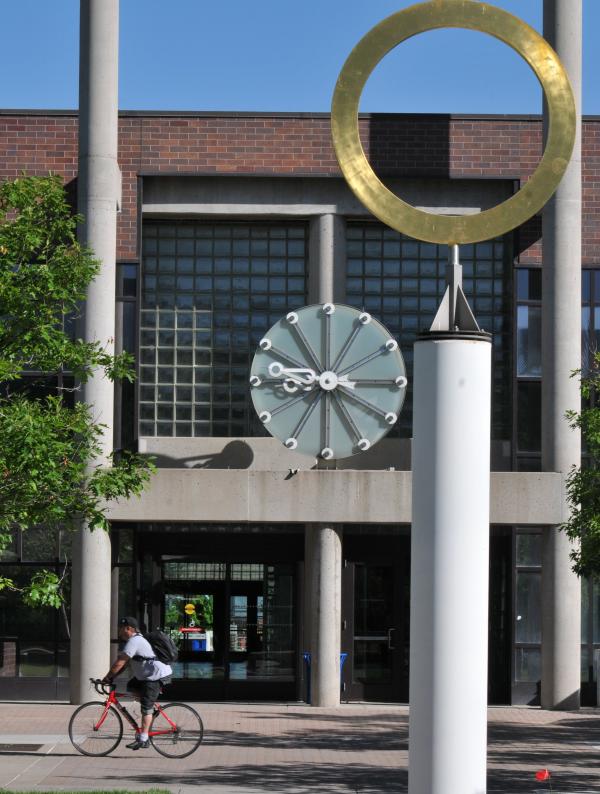Welcome to the Psychology Department at the University of Colorado Denver!
Click here for advising information.
The University of Colorado Denver’s mission statement describes our institution as a “diverse teaching and learning community that creates, discovers and applies knowledge to improve the health and well-being of Colorado and the world.”
CU Denver embraces:
· Excellence in learning and scholarship
· Discovery and innovation
· Health and care of mind, body, and community
· Diversity and an atmosphere of respect and inclusiveness
· Responsible citizenship and leadership
The University of Colorado Denver’s Strategic Plan emphasizes the need for a University that works for all — to transform lives, expand economies, and uplift communities.
The Department of Psychology’s mission parallels that of the university. We respect academic freedom and the freedom of expression. We are dedicated to excellence and innovation in the education, scholarship, mentorship, and service of psychological science so we may inspire our students, improve our academic discipline, and uplift our community. In our endeavors, we wish to promote knowledge and skills, critical thinking, and evidence-based scientific methods. Further, we are committed to equity and inclusion; we are an academic community in which all individuals are esteemed, valued, and respected. Our culture of inclusion promotes diverse perspectives and collaborative learning, making our department and students stronger.
The Department of Psychology at the University of Colorado Denver is a mid-sized department with over 900 students majoring in psychology. We have two undergraduate degree programs (BA and BS), a MS program in Clinical Psychopharmacology, and a PhD program in Clinical Health Psychology.
In addition, we offer minors in both Psychology and Behavioral/Cognitive Neuroscience.
Our faculty and staff provide educational and research experiences and clinical training to students seeking advancement through higher education and eventual employment in psychology and related fields.
The department also builds bridges with the Anschutz Medical Campus to broaden our students' research and educational opportunities. Much of our mission focuses on two vital areas of research and scholarship carried out by our nationally and internationally recognized faculty: clinical health psychology and behavioral neuroscience.
The Department of Psychology supports the Auraria Campus Land Acknowledgement which “honors and acknowledges that we are on the traditional territories and ancestral homelands of the Cheyenne, Arapaho, and Ute nations."
The Department of Psychology encourages students to connect with The Center for Identity & Inclusion, an organization dedicated to uplifting historically marginalized students by creating radically affirming spaces.
Diversity: Our values and vision
In alignment with the fields of Psychology and Neuroscience, we aspire to a department-wide culture that fosters and enriches equity, diversity, inclusion, and belonging, as these qualities are essential to our department’s mission and continued excellence. We are driven by core values of respect, equity, integrity, justice, responsibility, and beneficence. Inclusive excellence is a process and we wish to continue our progress in this area. In our teaching, scholarship, and service, we envision a department where we:
1) Align our efforts with campus and college strategic goals to be an equity serving institution, including identifying and addressing current and historical inequities in support, recruitment, promotion, and retention
2) Draw upon the diversity of our students, staff, and faculty to empower them to reach their full potential and thus cultivate the highest standard of belongingness and esteem
3) Remove barriers and increase access to success by providing responsive policies, resources, and support
4) Elevate student voices as they seek to identify and question structures of potentially harmful and unjust privilege and power, as well as eliminate acts of discrimination, hate, harassment, and oppression
5) Act with accountability through thoughtful listening, compassionate dialogue, and ongoing evaluation of progress
We understand the pursuit of these goals is creative and strengths-based, such that our specific efforts may vary from situation to situation, person to person, and time to time. We encourage authentic dialogue and practice as we advance our “culture of shared responsibility for advancing equity, diversity, and inclusion so that students, faculty, and staff thrive.”

